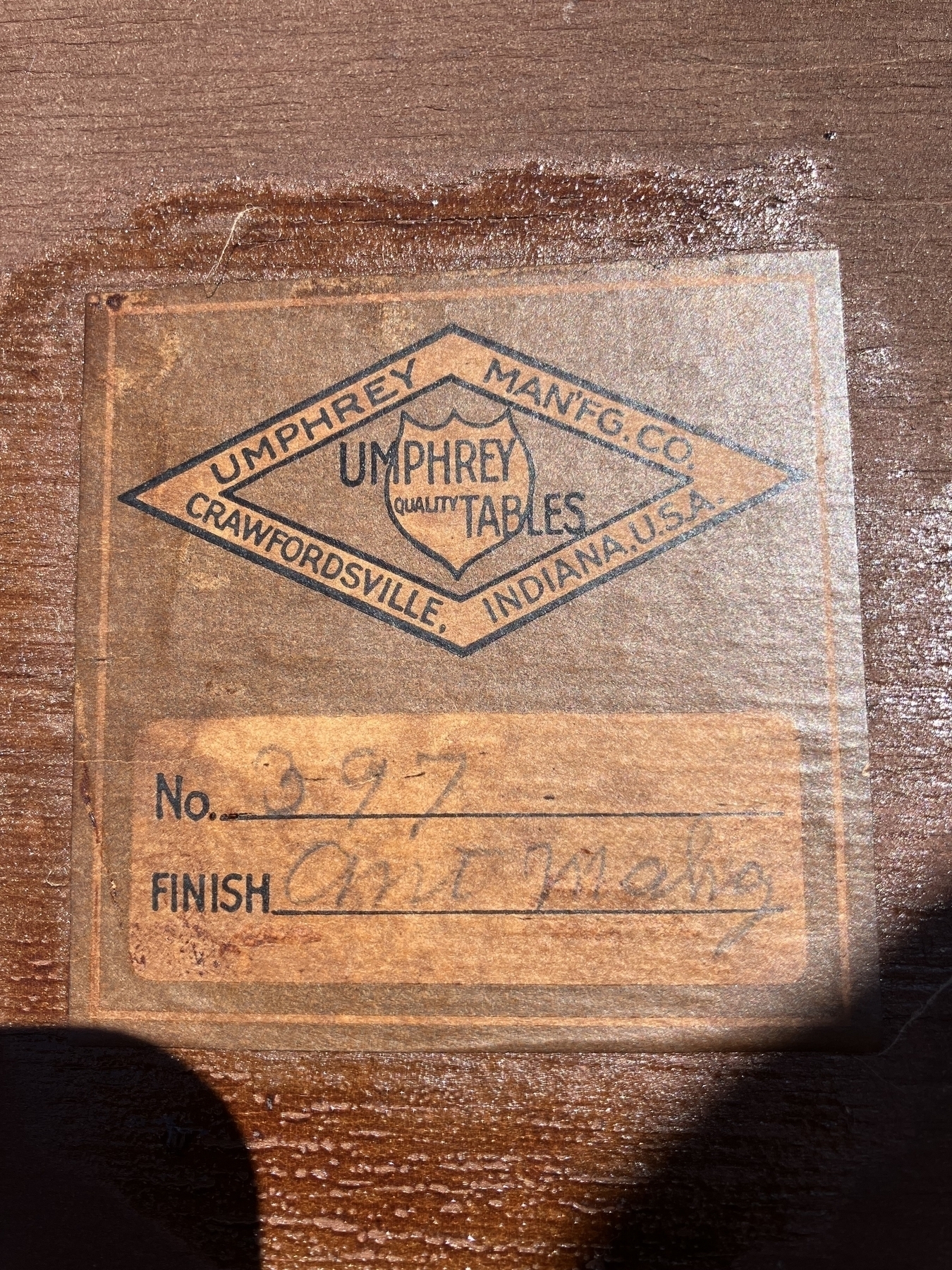There are far worse ways to spend an hour of your day than picking four cups worth of lilac flowers. I’ll be using them to make lilac simple syrup.

There are far worse ways to spend an hour of your day than picking four cups worth of lilac flowers. I’ll be using them to make lilac simple syrup.

Rachel got this video of our first hatchlings of the year. We have a row of four bird houses on the side of our garage—and they’re well-used every year.
Very useful distinction from Alan Jacobs:
The goal of libertarianism is to increase individual liberty, while the goal of anarchism is to expand the realm of cooperation and collaboration.
Replace Bradford pears with dogwoods. Now that’s a campaign idea we can all believe in.
New video: April 2024 in the garden
Finished reading Mr Penumbra’s 24-Hour Bookshop and Ajax Penumbra 1969, both by Robin Sloan. I’ve read his newsletter for a while so I figured it was time to start catching up on his books, especially with a new one coming out this year. Sourdough and its associated novella are next.
Our lilac bush is blooming and the scent makes me so happy. You can smell it all around the house. It’s always one of the highlights of spring. And then I walked up to my favorite coffee shop this morning and caught the scent again. They have a bush there also. Wonderful, wonderful.
Apropos of nothing, I’m thinking this morning about how a series of ironclad mutual defense agreements marched everyone into WW1.
My in-laws are preparing for retirement and so are paring down their possessions. They gave us this antique table, guessing (rightly) that I might like to refinish it. Really, it’s just the top that needs work; the rest of it is lovely. And it’s from a Hoosier manufacturer, likely 100 years old.


It is always better to pray for peace than for the defeat of your enemies because there is no standpoint from which you can definitively answer the question, “Are we the baddies?”